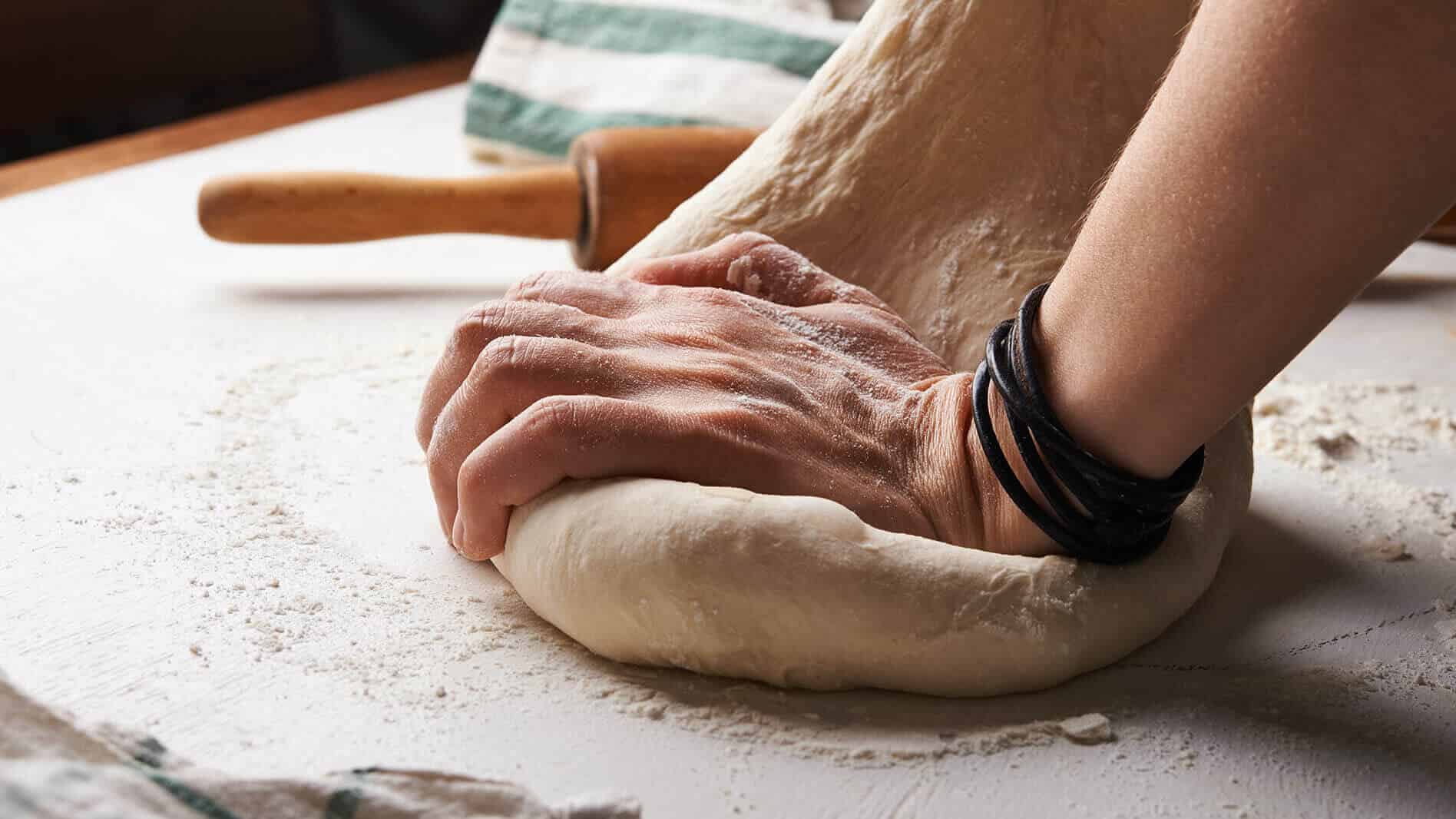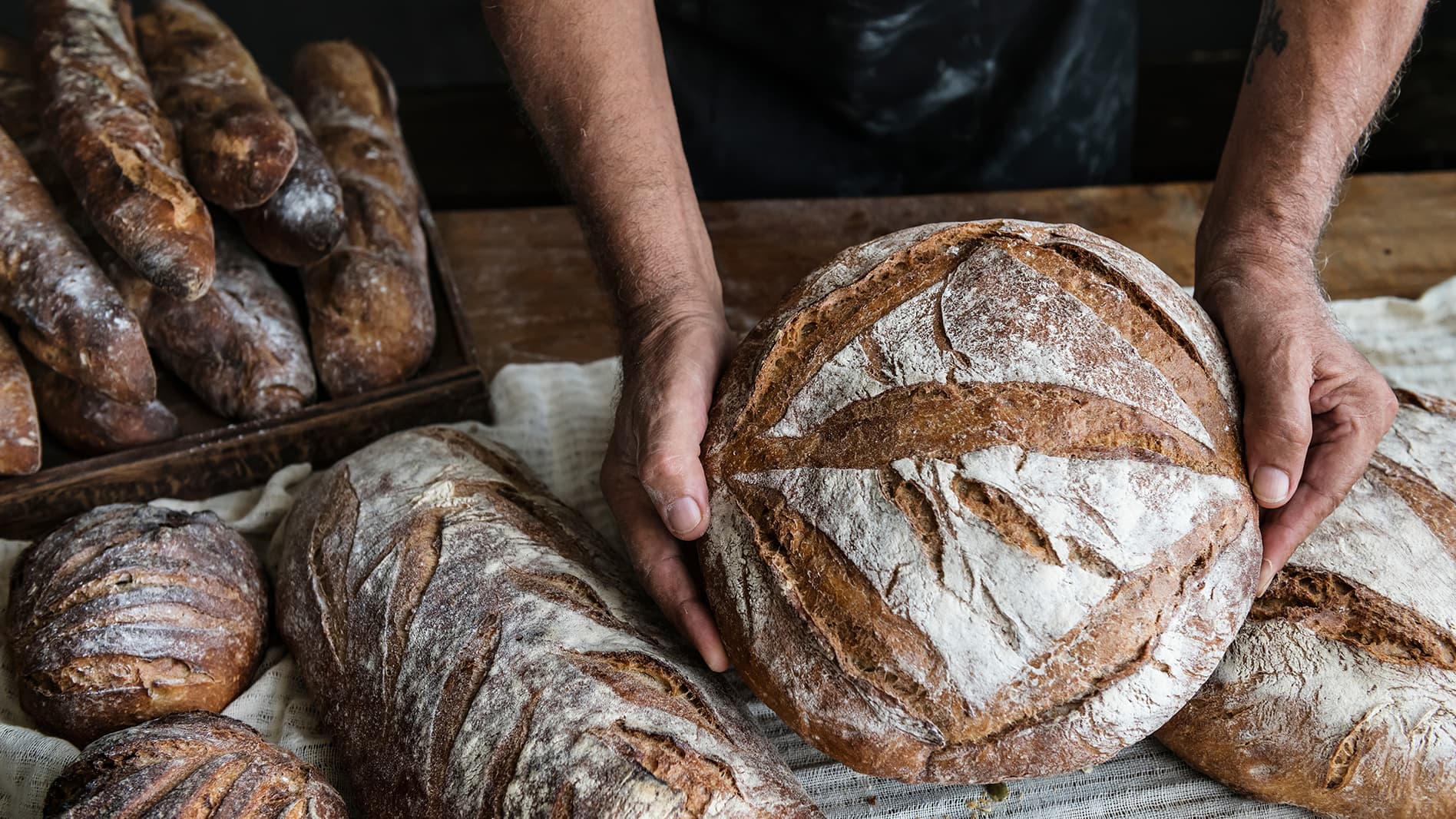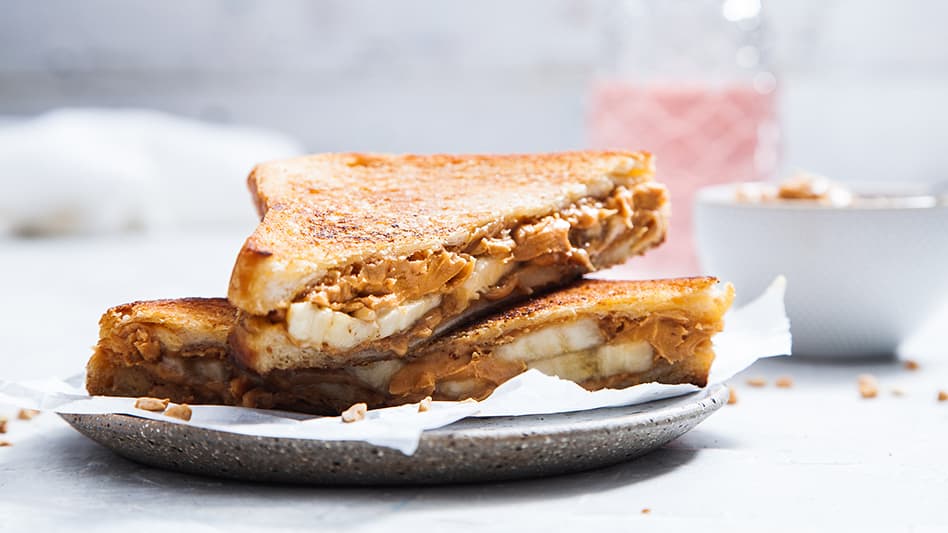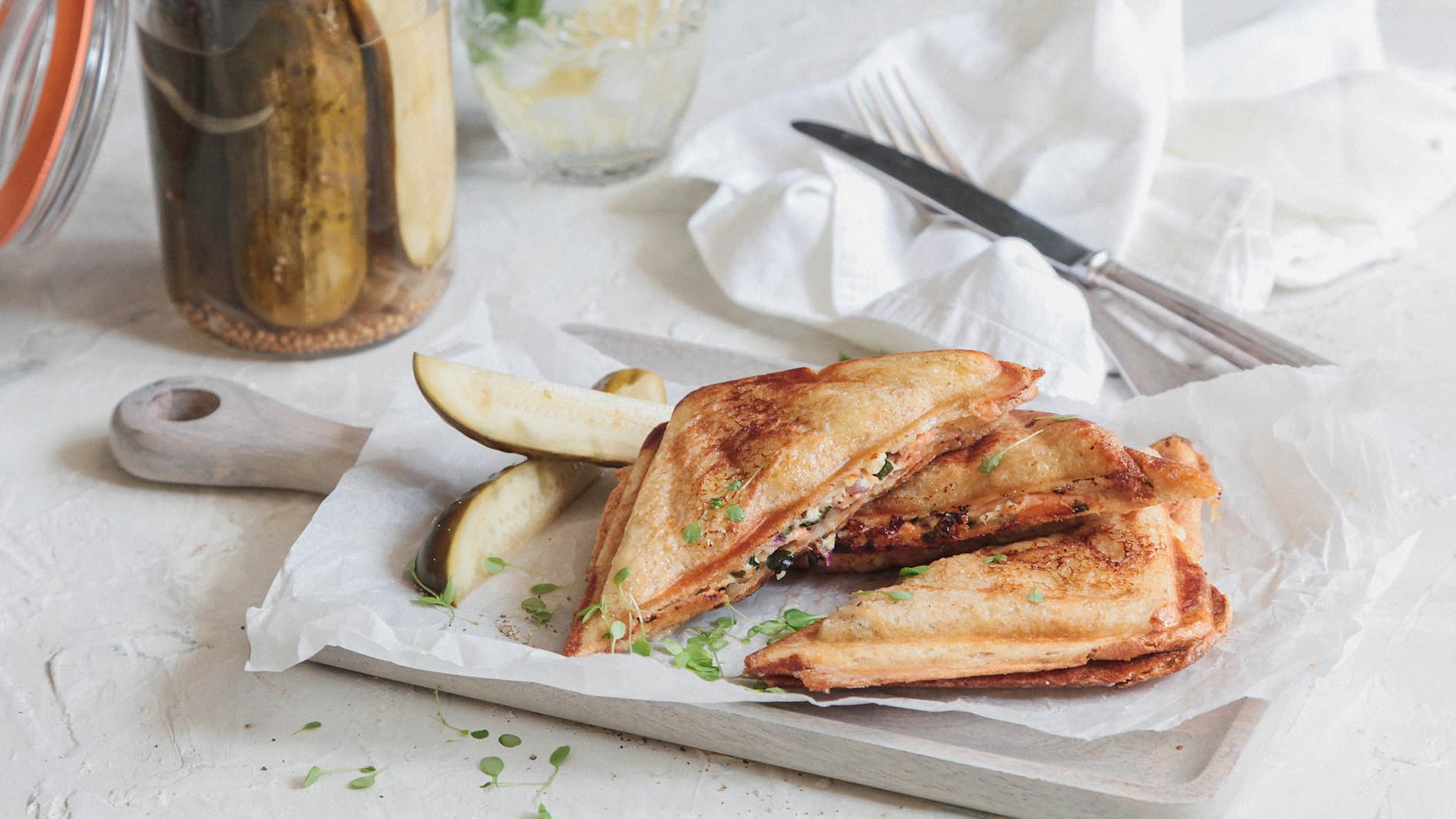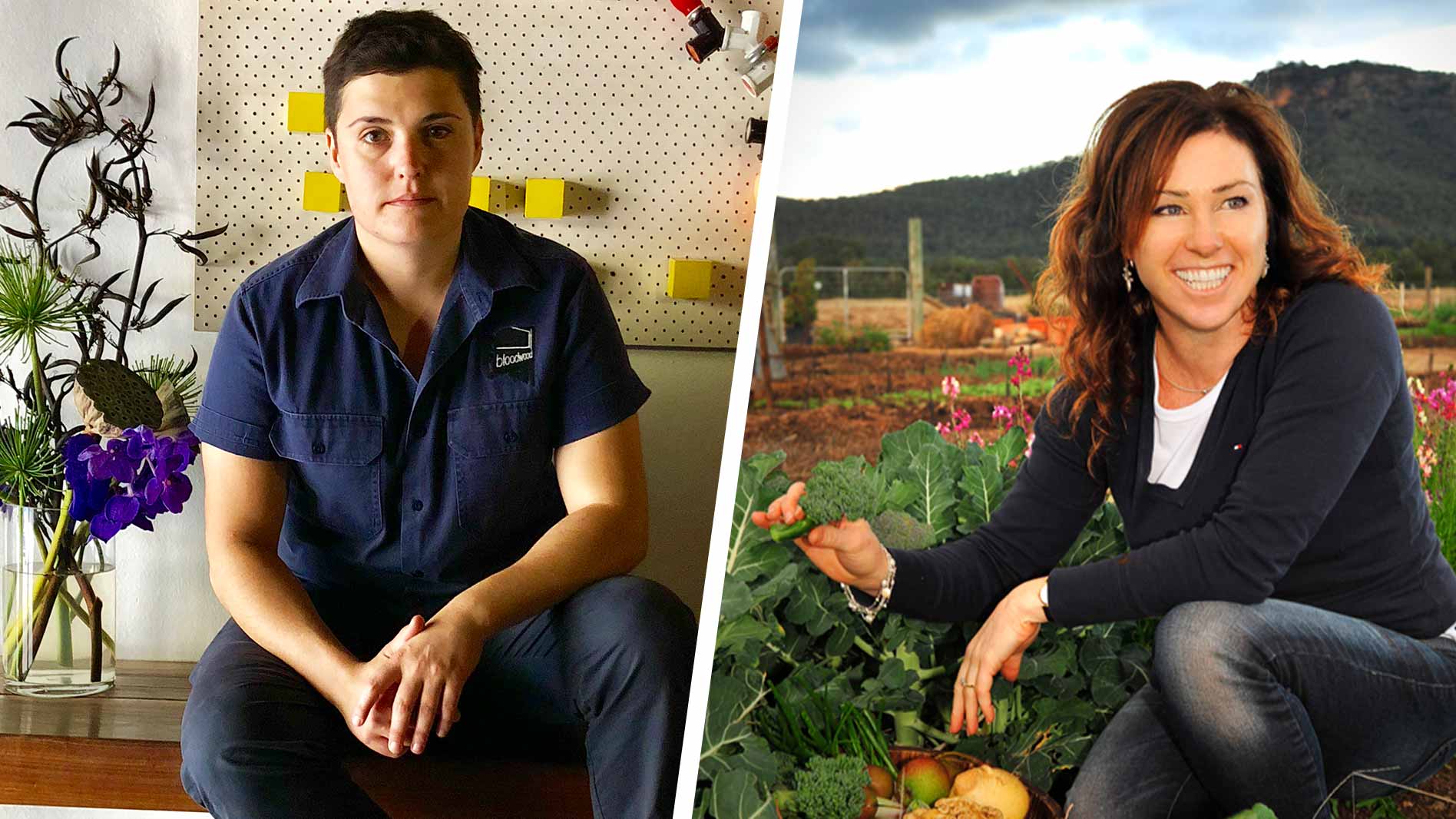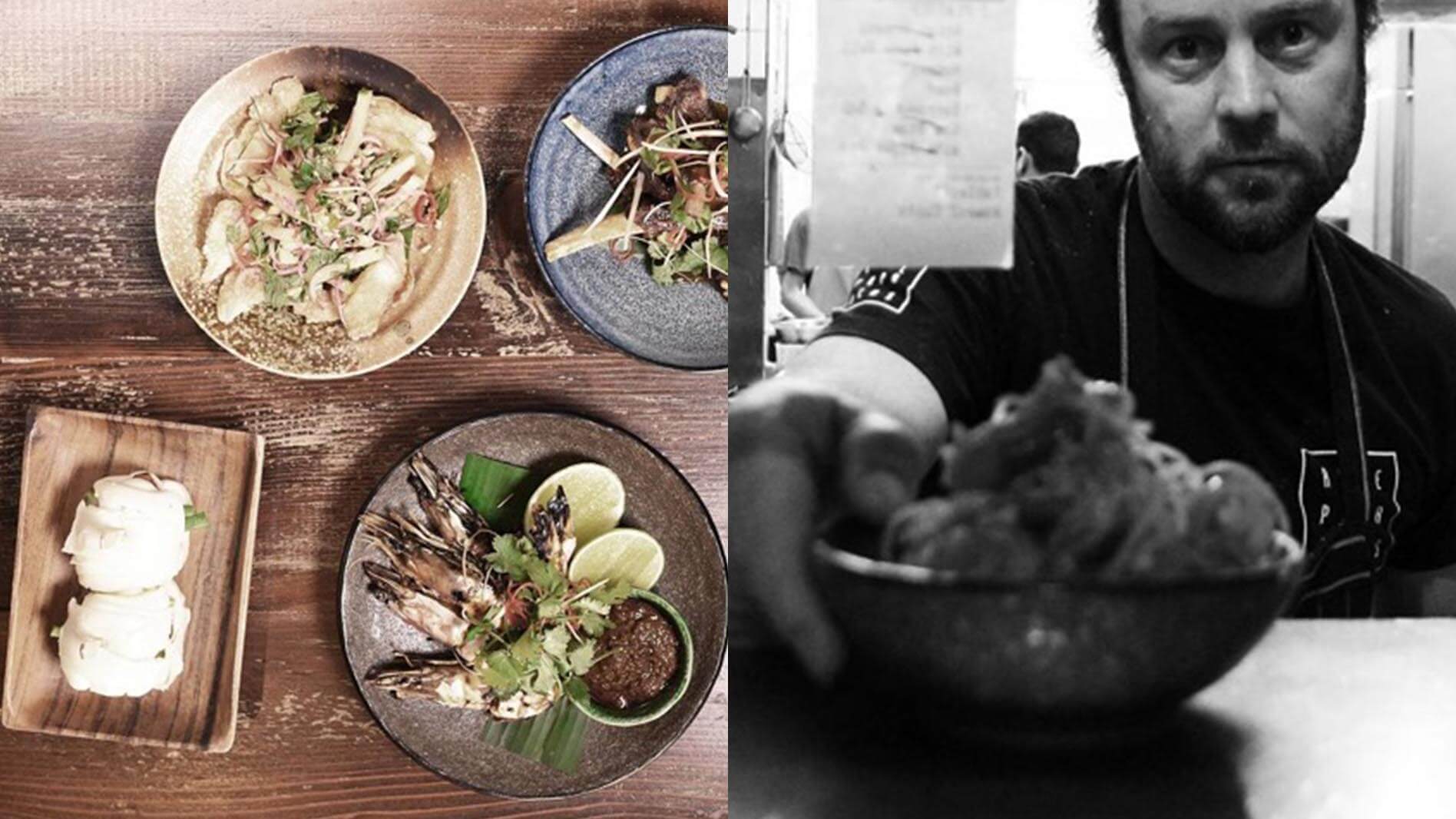Be inspired with recipes created by chefs.
Sign up for updates about products, special offers, news and promotional materials from Goodman Fielder.

Summary
Today’s bread trends are no different. While some are going a little stale, others – like the ones listed below – are fresher than ever. And baking them into your bread recipes can mean serious dough.
Healthy habits on the rise
For many consumers, white bread is toast – along with any loaf that looks overly preserved or processed. These more discriminating eaters are part of a wider health movement that demands food not only meets nutritional needs but also tastes great. Satisfying these preferences means a health-focused approach to crafting bread recipes.
For starters, think about the flour you use. While refined white flour goes against today’s health grain, alternatives like soy and rye can offer the benefits your customers crave.
Soy flour is rich in protein, high in fibre and is relatively low in carbohydrates. Rye flour is also high in fibre and a good source of protein. These are just two flour alternatives – and there are (baker’s) dozens of others for you to research and try.
To add nutritional value to your bread recipes, consider including other ingredients known for their health properties, such as seeds, grains and legumes. You can also look at reducing the amount of less healthy ingredients, or substituting them altogether.
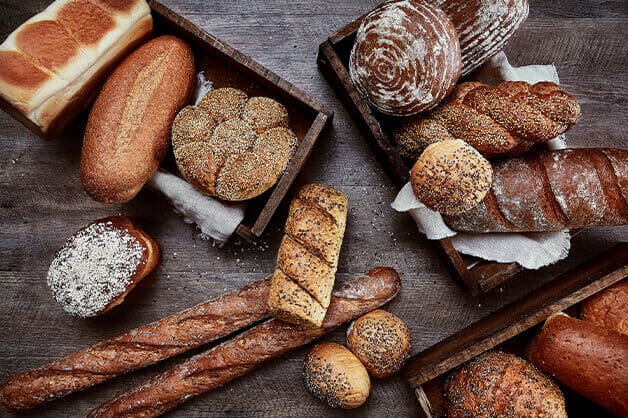
Fresh flavours a favourite
Along with healthier bread recipes, many consumers are now demanding more interesting options. These creations, which tend to involve a special ingredient or process, are often referred to as artisan, premium or gourmet.
Artisanal breads are made by combining traditional techniques with high-quality ingredients, and they generally take longer to make (which is part of the appeal). Anything artificial – whether colours, preservatives or flavours – is a big no-go.
Almost any type of bread can be created artisan-style, but sourdough is among the most popular. Loved for its unique taste and texture, it’s perfect for experimenting with innovative ingredients to excite quality-craving customers.
Whether it’s oats and honey or lemon and blueberry, virtually any ingredients can be combined with sourdough to add flavour and innovation. Just remember: wet ingredients (like frozen fruits, for example) can affect the hydration of your dough, and you may need to lower its water content to keep the balance.
With artisan bread in particular, it’s also important to keep in mind that consumers often buy with their eyes. Simple things like dusting your loaves with light rye or bakers flour can go a long way to making your premium bread recipes stand out in-store.
Delivering for different diets
For medical, ethical or nutritional reasons, more people are keeping to specific diets than ever before. Vegan and gluten-free diets are two of the most common – and bread recipes catering to them are worth considering.
Veganism – which involves not eating anything derived from animals – is one such diet. Bread at its most basic, using only flour, water, salt and yeast, is vegan. But the addition of ingredients like egg, butter and certain fats and sweeteners rule out the vegan label.
Fortunately, there are several types of popular bread that tend to be naturally vegan. Sourdough, focaccia, ciabatta, pita, ezekiel and baguette all fit the bill.
Meeting the needs of gluten-free customers, on the other hand, can be slightly more complicated. Common ingredients used to make flour – wheat, rye, oats and barley – can all contain gluten and must be substituted for gluten-free alternatives.
Corn (maize) flour, rice flour, soy flour, buckwheat flour, almond four and teff flour can all be good gluten-free options, depending on the type of bread you’re baking. But because these substitutes lack the binding properties found in more common flours, you’ll need to consider using binding alternatives like chia seeds or psyllium husk mixed with water.
Baking kits a bonus
Pandemic lockdowns caused a DIY bread baking boom, and many bakers responded by selling their own DIY kits and bread recipes. Even as restrictions subside, it can be a fun offering to sell alongside your products.
Your kit should include all the premeasured dry ingredients and instructions your customers need to make the bread at home, whether it’s a recipe you sell in-store or not. You also need to ensure that your recipe can come to life using equipment your customers have at home.
To help make their experience as enjoyable as possible, clearly label all your ingredients, and write the instructions as if you were in their shoes. You can even add extras like your baking tips and tricks to help guide them.
Evolution, not revolution
Crafting bread recipes in line with the latest trends doesn’t mean reinventing your business. By adding just one or two more options – or tweaking your existing offerings – you can effectively capitalise on the varied tastes of today’s consumers.
Related Ideas
18th November 2021
5 Ways To Use Fresh Bread in the Kitchen
Want to get more out of your regular fresh bread order? We uncover five ways you can use fresh bread in your kitchen, away from the standard sandwich offering.
19th November 2020
Elvis Presley Sandwich: Banana And Peanut Butter Toastie
The Banana and Peanut Butter toastie, also sometimes referred to as the Elvis, consists of toasted bread slices with peanut butter and sliced or mashed banana.
10th February 2020
Smoked Trout Jaffle
Take your toasted sandwich to the next level with this smoked trout jaffle, using our famous Helga's Traditional White Loaf.
